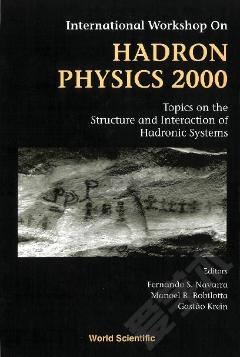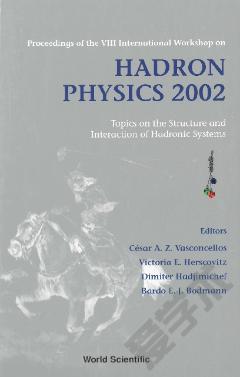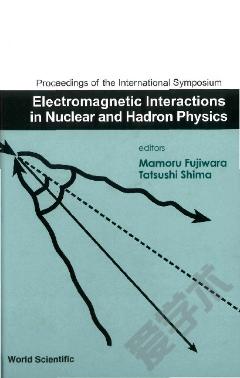Hadron Physics 98, Topics On The Structure And Interaction Of Hadronic Systems
The study of QCD in the confinement regime poses some of the most difficult problems of fundamental physics at present. The mechanism of confinement itself is not described formally, and it is hard to investigate the properties of the fundamental theory in the determination of the structures and interactions of hadronic systems. The strong coupling and the extreme non-linearity of the theory severely limit the applicability and the extension and generalization of models and methods. The area of particle/nuclear physics called Hadron Physics deals with the phenomena determined by the confinement regime of QCD.The International Workshop on Hadron Physics 98 aimed to provide a framework for the comparative evaluation of different approaches to the difficult problems of QCD, and gathered together experts who have been leading developments in hadronic physics in recent years. As a central feature of the workshop program, there were four sets of lectures: (1) “An Introduction to Effective Field Theory” (J F Donoghue); (2) “Non-perturbative QCD” (A Di Giacomo); (3) “Diffraction: Past, Present and Future” (E Predazzi); “QCD at High Temperature and Density” (T Hatsuda). These courses provided a pedagogical and updated account of the recent developments that gave support to the discussion of frontier research problems. The lecturers did very useful work in the review and description of important lines of research.The lectures are reproduced in this book, together with invited talks and contributed papers dealing with specific research problems, for the use and appreciation of a wider audience.
{{comment.content}}








 京公网安备 11010802027623号
京公网安备 11010802027623号